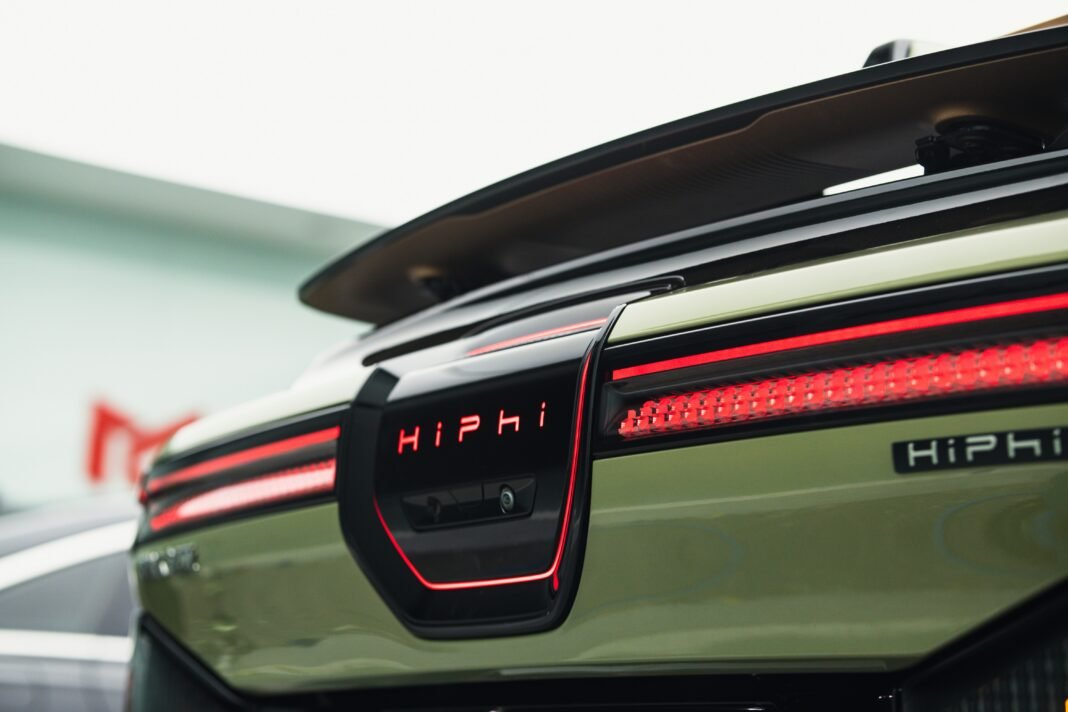European automakers are losing their foothold in China’s luxury car market, as local electric vehicle (EV) brands gain traction. Recently, German luxury brands BMW and Mercedes-Benz reported significant sales drops in China, the world’s largest auto market. BMW’s latest quarterly sales fell by a third, while Mercedes saw a 10% decrease in sales over the first nine months of 2023, with its flagship S-Class line particularly affected as Chinese consumers reduce spending amid economic challenges.
British luxury brand Aston Martin also revealed a more than 50% decline in China sales in its third-quarter report, while Porsche announced it would scale back its Chinese dealer network after experiencing a 29% sales slump and profit decline through September. Porsche’s high-end EV, the Taycan, saw a global 47% sales drop during this period. Rolls-Royce, owned by BMW, also faced declining sales in China, with its CEO noting “more challenging times” in recent comments to Bloomberg.
European automakers are facing mounting challenges in China, where local competitors are eroding their market share. Volkswagen, for instance, lost its long-held title as China’s top-selling automaker to local EV giant BYD last year. German carmakers’ share of the Chinese market has dropped from around 25% pre-pandemic to under 15% . Porsche’s CFO, Lutz Meschke, echoed the sentiment of growing difficulty in China, saying that European automakers can no longer assume China will be a growth engine as it was in the past.
Chinese EV makers are pushing hard into the high-end market. Local brand BYD launched its Yangwang U8 SUV, a $150,000 model featuring a motor on each wheel, an onboard drone, and the ability to float on water. Another Chinese brand, Zeekr, showcased the spacious interior of its MIX minivan, complete with a hot pot meal setup, highlighting a different take on luxury and comfort.
These advancements in design and technology mean that Chinese consumers no longer need to pay a premium for luxurious, tech-filled vehicles. Xiaomi’s new SU7 electric sedan offers high-end features like a 16.1-inch infotainment screen and remote control for household appliances, all at an accessible starting price of 215,900 yuan ($30,300), with a high-performance model priced at 814,900 yuan ($114,000).
According to Steve Dyer of AlixPartners, Chinese automakers are targeting premium markets by offering feature-rich cars at competitive prices, similar to the approach South Korean brands used to gain global market share. Chinese brands have been quicker to adopt intelligent in-car technologies, such as advanced driver assistance systems, which appeal strongly to local buyers. An AlixPartners study found that Chinese automakers introduced 40 over-the-air software updates between March 2023 and February 2024, compared with only two from legacy automakers. This iterative software approach allows for faster innovation, a challenge for European automakers, who rely on more traditional product development cycles.
Despite these challenges, European luxury car brands are unlikely to leave China. It remains a key market for brands like Volkswagen and Mercedes-Benz, which sold a third of its vehicles in China last year. However, they may face headwinds, including potential tariffs as the European Union considers imposing duties on Chinese automakers, a move that could prompt China to retaliate.
Tim Urquhart of S&P Global Mobility warns that such tariffs could create additional pressures on European brands in China. Yet he notes that the size of the Chinese market and the substantial investments already made by Western automakers mean a full retreat is improbable.
